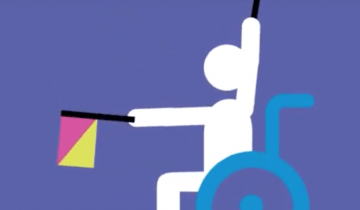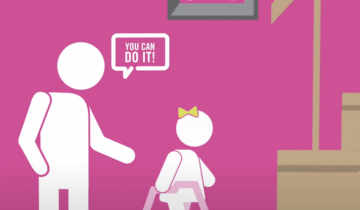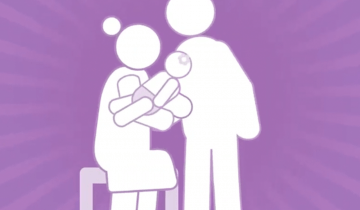Children with cerebral palsy have more complex self-management and self-care demands than children who are typically developing. They have to learn how to deal with medications and they may have to deal with medical equipment. At some point, they're going to have to learn about medical appointments.



